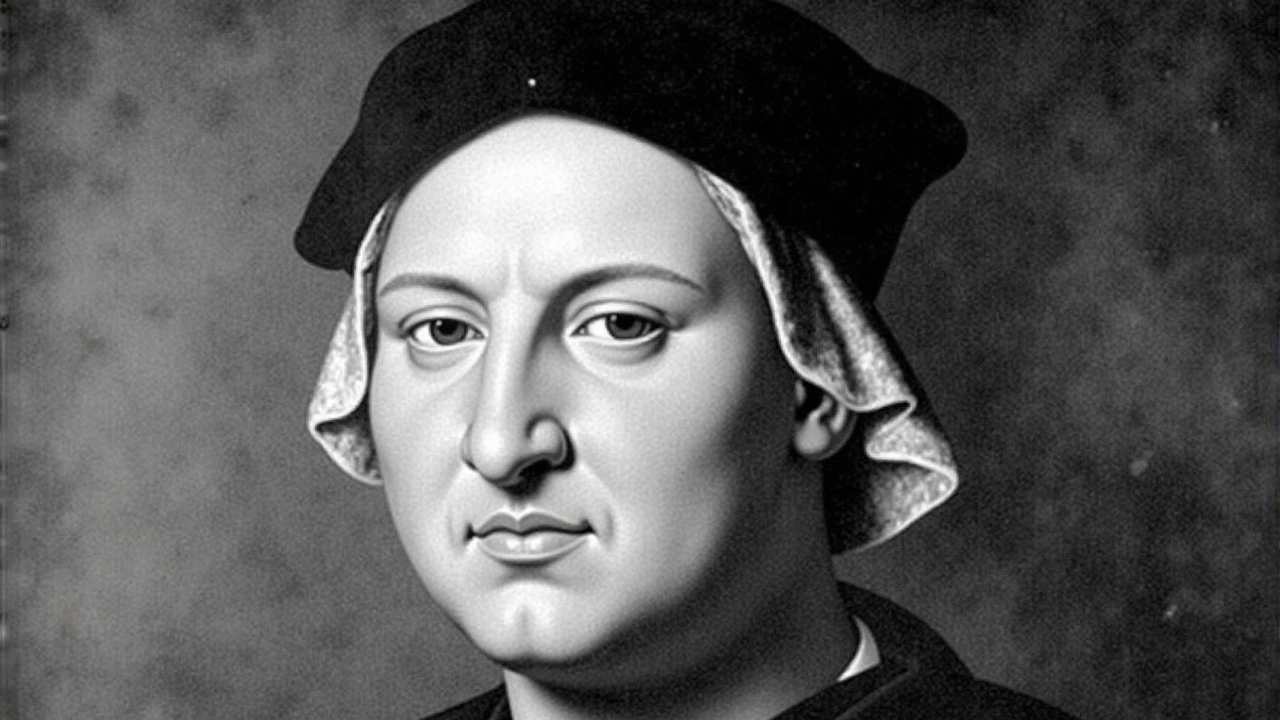DNA Analysis: What You Need to Know
Ever wonder how scientists can identify individuals, solve crimes, or trace family roots just from a tiny sample of saliva or blood? That's the magic of DNA analysis. This process examines your unique genetic code, the blueprint that makes you who you are. Whether you're curious about your ancestry or understanding medical risks, DNA testing has become a powerful tool.
How Does DNA Analysis Work?
DNA, or deoxyribonucleic acid, carries genetic instructions inside almost every cell of your body. For analysis, specialists collect a sample—sometimes from cheek swabs, blood, or other tissues—and look for specific markers in the genetic material. They can spot similarities to other DNA samples or identify particular traits encoded in your genes.
In forensic labs, this helps catch criminals by linking evidence left at crime scenes with suspects. In genealogy, it connects you with distant relatives or reveals ethnic backgrounds you never knew. Health-wise, DNA testing can highlight risks for inherited conditions, aiding in prevention or early treatment.
Why Is DNA Analysis So Popular Now?
Advancements have made DNA testing affordable and accessible, even for regular people at home. You don’t have to be a scientist to send in a kit and get fascinating insights in return. It's also transforming law enforcement and medical research, making breakthroughs that were impossible decades ago.
Still, it’s good to remember that DNA analysis isn’t flawless. Results can vary depending on the test's quality and the data it compares against. Privacy is another concern since your genetic data is sensitive. Always pick trusted companies and understand how they use your information.
In short, DNA analysis brings the microscopic world inside our bodies into the spotlight. From solving mysteries to unveiling hidden family ties, it’s changing how we understand ourselves and the world around us.
Researchers led by forensic expert Jose Antonio Lorente have employed DNA analysis to reveal that Christopher Columbus was of Spanish Sephardic Jewish origin. This groundbreaking study challenges the long-held belief that Columbus hailed from Genoa, Italy. By comparing genetic material from Columbus and his relatives, the study confirms with certainty that he is buried in Seville Cathedral, Spain, forever altering the historical narrative of the famous explorer.
Latest Posts
Rakesh Roshan's Retirement Raises Questions About Hrithik Roshan's Krrish 4 and Its Future
Nov 18 2024

 Sports
Sports